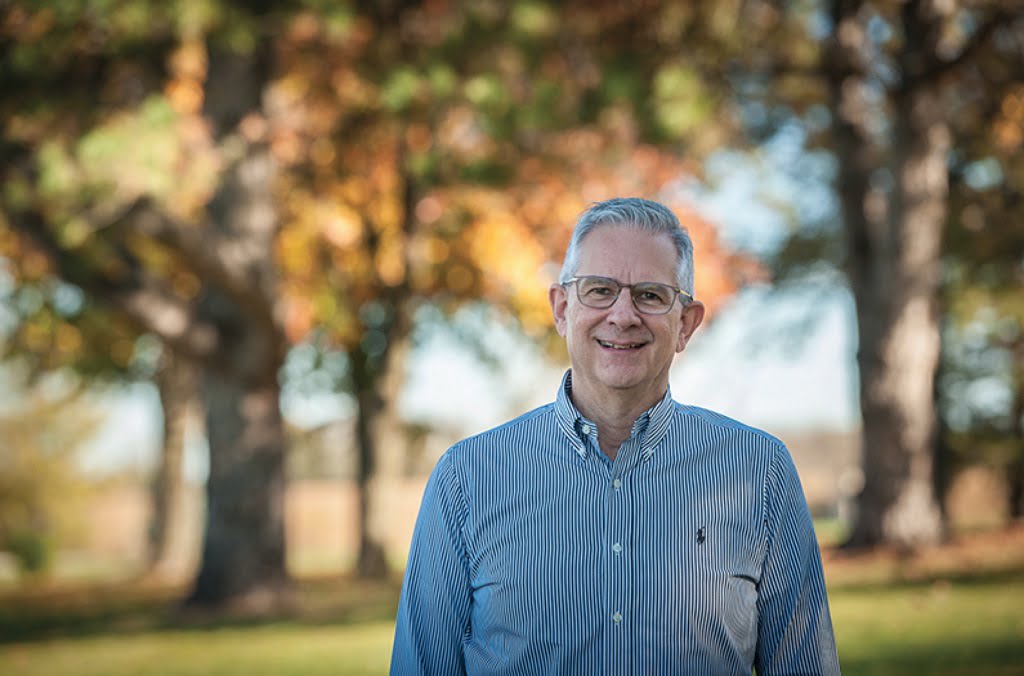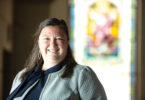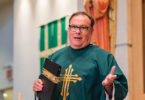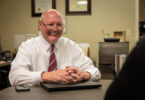
by Tom Racunas
My heart danced with joy! I threw a fist in the air and said, “Alleluia!”
Eleven words — a phrase — part of a longer sentence. Eleven words that my colleagues and I in special-needs ministry throughout the United States have hoped to read for a long time.
These 11 words will make a difference for families who have a child with a disability. I will get to those 11 words, but I want to start with where the words are found.
The church’s fundamental mission is to make disciples of all nations. The church in northeast Kansas lives by the motto: “Growing as disciples of Jesus. Making disciples for Jesus.” “Catechesis” is the word used to describe this ministry.
Catechesis is the education in the faith of adults, young people and children with “a view to initiating the hearers into the fullness of Christian life” (Catechism of the Catholic Church, 5).
Leaders in catechesis and education find their inspiration in the National Directory for Catechesis (NDC). This book serves as a reference point for forming catechists, developing resources and providing practical tools for doing catechesis well.
The first edition of the NDC was published in 1979. The second addition, published in 2005, included a section that specifically addressed catechesis for persons with disabilities.
It said, in part: “Catholics with disabilities have the right to participate in the sacraments as full functional members of the local ecclesial community (3b-3).”
The text references the “Guidelines for the Celebration of the Sacraments with Persons with Disabilities” that provides general guidelines for reception of the sacraments with persons with a variety of disabilities.
The guidelines state: “If it is determined that a parishioner who is disabled is not ready to receive the sacrament, great care should be taken in explaining the reasons for this decision. Cases of doubt should be resolved in favor of the right of the Catholic to receive the sacrament (22).”
Cases of doubt have not always been resolved in favor of the person with a disability. Some people with disabilities have been refused the sacraments because they could not memorize a prayer or attend a retreat.
For some families, this has caused such intense heartache that they separated themselves from the church.
In July, a new edition of the NDC was released. Section 272 states: “Persons with disabilities are called to the fullness of sacramental life, even in the presence of severe disorders.
“The sacraments are gifts from God, and the liturgy, even before being rationally understood, needs to be lived: Therefore, no one can refuse the sacraments to persons with disabilities.”
Those last 11 words open our doors wider and promote the culture of inclusion. Alleluia!
This is not to say that catechesis can be dismissed. To the contrary, we have an obligation to provide meaningful catechesis to persons with disabilities to their fullest potential.
The knowledge and tools to do that are available! ALL of us can grow as disciples of Jesus and make disciples for Jesus!






